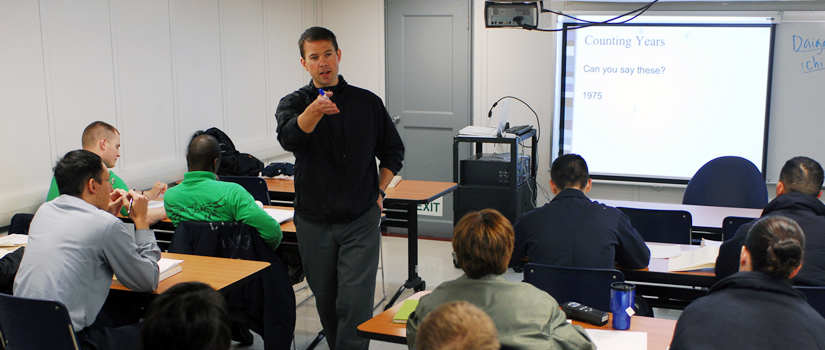Description
What makes a teacher excellent? Why do some of us inspire students to work hard, while others inspire students to skip class? This seminar engages the 2012 winners of the Michael J. Mungo Undergraduate Teaching Award in a panel discussion about good teaching. The intent is to learn as much from the differences in our teaching practices as from the similarities.
Through this interdisciplinary conversation, attendees explore varied approaches for engaging and motivating students. The panelists discuss teaching strategies that work for them and have contributed to their success as members of the University of South Carolina faculty.
About the Facilitators
Northrop Davis, Associate Professor of Media Arts, teaches larger classes without compromising the need for on-going and individual feedback. His approach includes using Blackboard to facilitate student collaboration and help them learn from teaching each other. His students post projects and feedback to Blackboard and cross-critique each other’s writing.
John Ferry is a Professor of Chemistry and Biochemistry. He emphasizes three goals in his courses, whether introductory or analysis-based, focusing on skill mastery, collaborative learning and pragmatism in problem-solving. He uses case studies and often builds problem sets and exams around case-based themes.
Anthony Jarrells is an Associate Professor of English Language & Literature. In considering his teaching approach in response to technology and interactivity, he tries to make every class a combined lecture and discussion, integrating his classroom at a basic level. This integrated approach works much better for students, offering an interactive experience and flexibility to accommodate multiple lines of questioning.
Joe Quattro, Professor in the Marine Science Program, believes it is vital for students to learn how science knowledge is obtained and how it relates to other approaches for understanding the world around us. He tries to mediate the learning process, not simply act as a conduit through which basic information flows. His teaching seeks to introduce students to science as a mode of inquiry while simultaneously teaching the factual principles of his content area.
